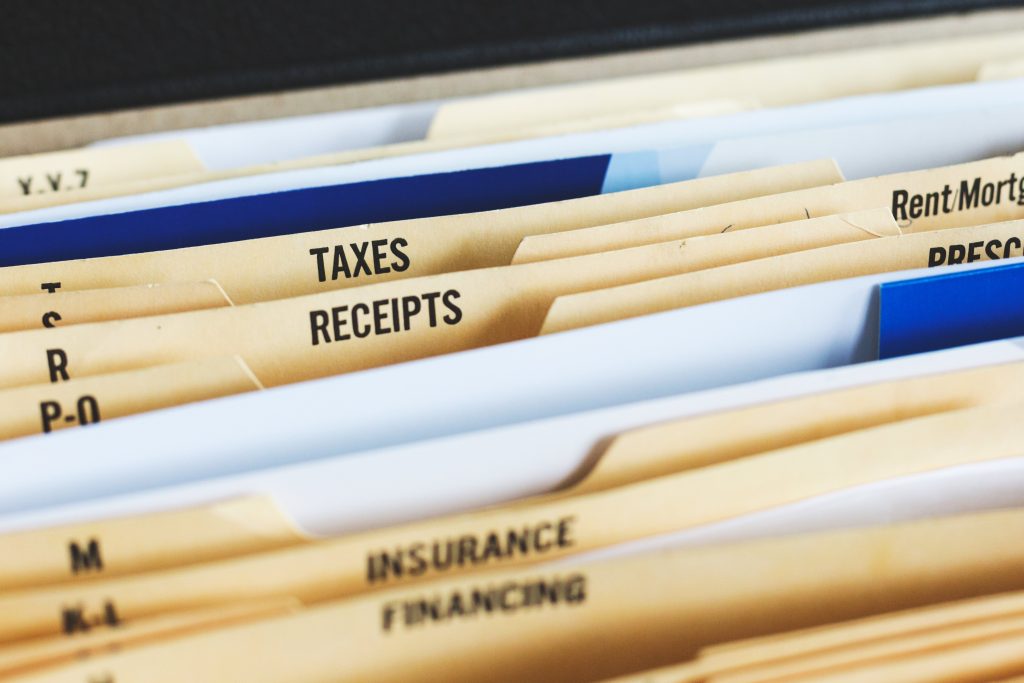
You’ll need to maintain payroll, tax, and personal information about your employees for at least four years and maybe longer.
As a family that has hired a nanny, in-home senior caregiver, or any other household employee, you are now considered an employer. You should follow guidelines for retaining payroll records.
Failing to provide the required information when requested by the IRS or state agency can result in significant penalties or a settlement award in an employment-related lawsuit.
What are payroll records?
Simply put, payroll records are any documents related to paying your worker, including employee information, payroll data, and tax forms.
Employee information
If you need to give your employee Form W-2, you will keep a record of your worker’s name, address, and Social Security Number (SSN). Record your employee’s name and SSN exactly as they appear on their Social Security card.
Payroll data
On payday, you should record the following:
- Hours worked each day during the pay period
- Total hours worked each week of the pay period
- Start and end dates of the pay period
- Rate of pay
- Overtime earnings (if applicable)
- Total wages paid
- Non-cash wages
- Wage deductions
- Health plan contributions
- Tax withholdings (Social Security, Medicare, federal and state income tax)
- Deductions for state-mandated paid leave programs (if applicable)
- Social Security and/or Medicare taxes that you agree to pay for your employee (if applicable)
- Additional pay (such as a bonus)
- Benefits
- Payment date and pay periods
Tax forms
According to IRS Publication 926 (Household Employer’s Tax Guide), you should keep copies of Schedule H, other employment tax forms you file (Forms W-2 and W-3), and your employee’s Form W-4 (Employee’s Withholding Certificate).
For unemployment tax purposes, you should retain:
- Total amount of employee compensation
- Amount subject to unemployment tax
- State unemployment contributions
Best practice
You must ask for your employee’s SSN no later than their first day of paid work. It’s a good idea to ask for it when you make the hire. Your employee should show you their social security card. The employee may show the card if it is available. You may, but aren’t required to, photocopy the card if the employee provides it.
An employee who doesn’t have an SSN must apply for one on Form SS-5 (Application for a Social Security Card). An employee who has lost their Social Security card or whose name isn’t correctly shown on their card may apply for a replacement card.
How long should you keep tax and payroll records?
Keep payroll and tax records for at least four years after the due date of the return on which you report the taxes (typically April 15) or the date the taxes were paid, whichever is later.
Unemployment tax records should also be retained for four years after the due date or when the unemployment tax was paid, whichever is later.
Best practice
Most states have a two-year statute of limitations on lawsuits filed by former employees, so keep your documentation for at least that period.
You may want to maintain tax and payroll records for up to seven years for auditing purposes.
In any case, it’s always a good idea to maintain employee, tax, and payroll records for longer than you think you may need them.
What if your employee makes a workers’ compensation claim or files a lawsuit?
As a household employer, you may be required by state law to carry workers’ compensation insurance. Or, you may choose voluntary coverage. Either way, if your employee makes a workers’ compensation claim, you should keep records of the claim indefinitely.
The same holds for any legal situation involving a current or former employee. Keep those records on hand for an indefinite period.
How should you store payroll records?
You can store payroll records on paper or online. Paper-based records should be stored in locked cabinets or fireproof boxes. Records should be clearly labeled and easily accessible when needed.
You could also store files on a computer or cloud storage system. As with paper records, make sure the computer or online storage is secure and organized.
Best practice
Before you start retaining records, whether in a file cabinet or computer, develop a recordkeeping system. Determine ahead of time how you will organize your records. By year? By category? By employee? Do what makes sense to you.
How a payroll service helps with record retention
GTM Payroll Services generates pay stubs for you and your employee each pay period. These pay stubs include the pertinent information described above. GTM also produces tax documents like Form W-2, Form W-3, and Schedule H and keeps track of your unemployment tax filings. These documents are available anytime through a secure online dashboard and can be downloaded as needed.
GTM can help
To learn more about how GTM can make payday and tax time easy, call (800) 929-9213. Get a complimentary, no-obligation consultation with a household employment expert. Or schedule time with us at your convenience.





 Get your free:
Get your free: